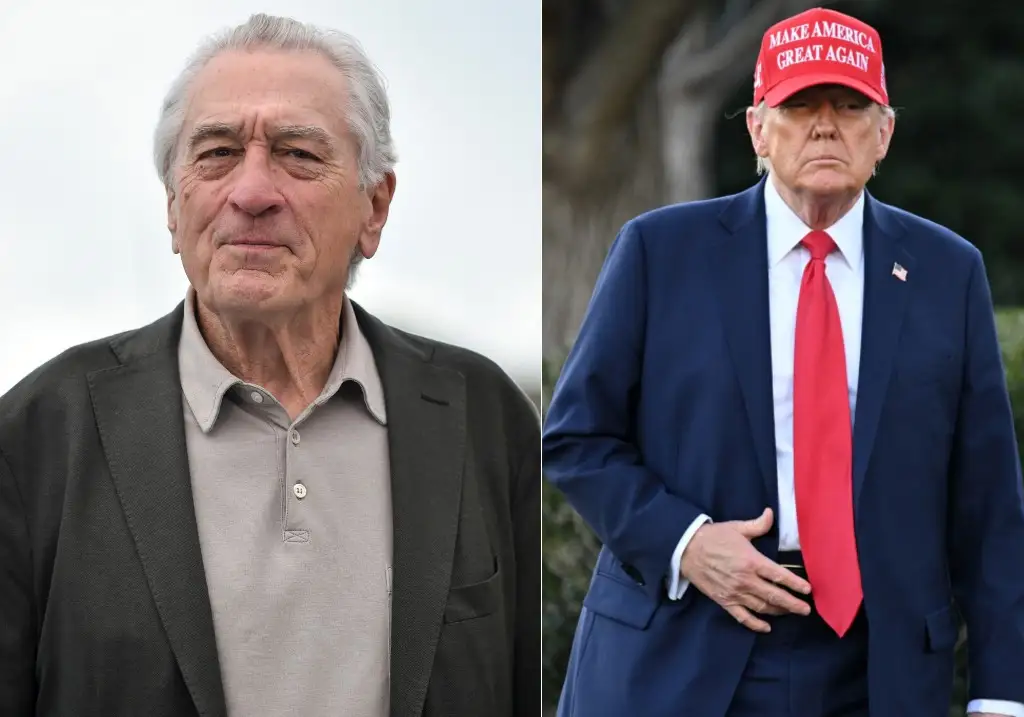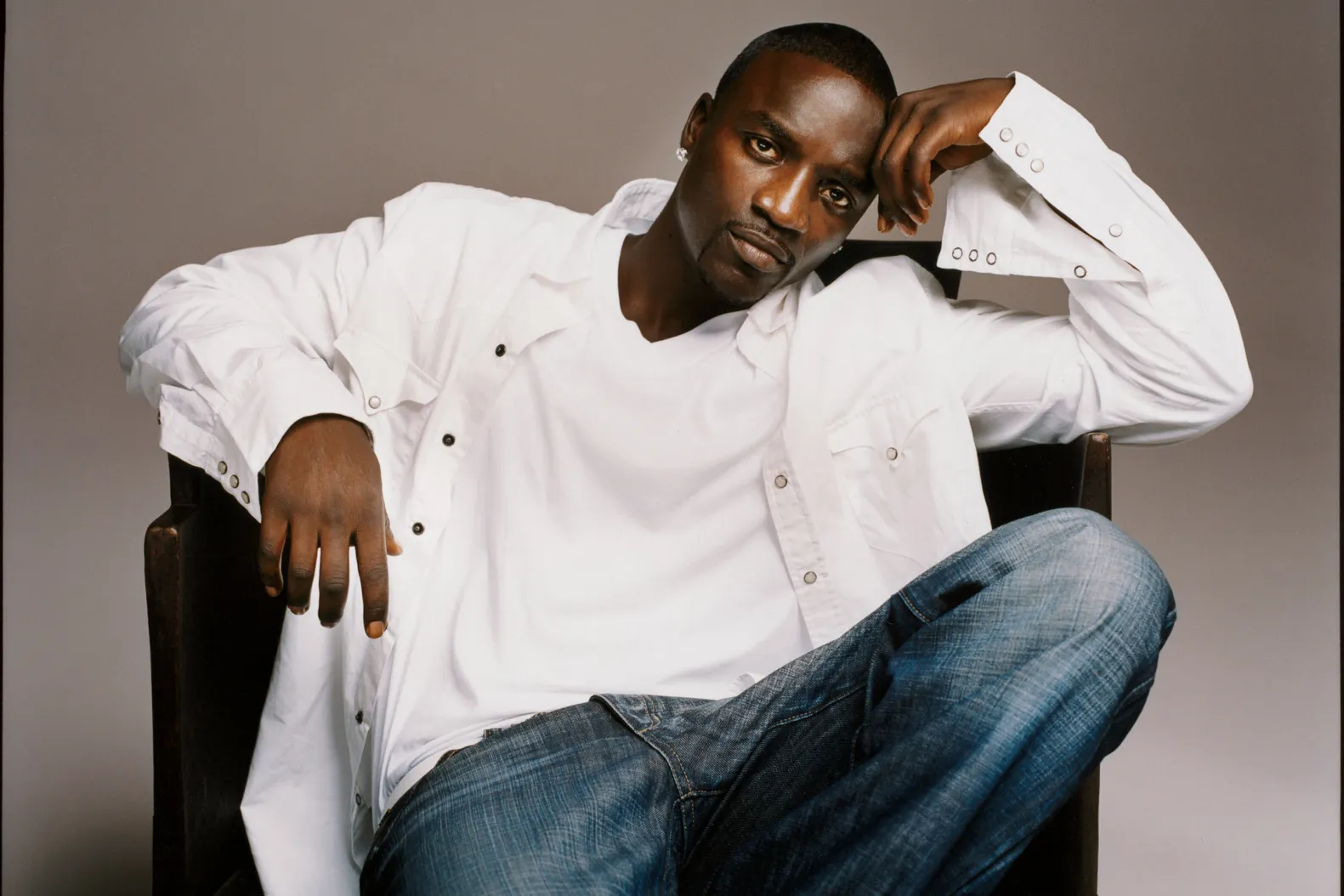Robert De Niro doubled down on his opposition to Donald Trump this week, urging Americans not to relax their efforts heading into the midterm elections. According to the report, De Niro expressed concern that Trump may refuse to leave office if he returns to power, and emphasized that citizens must remain engaged and proactive.
Speaking publicly following the nationwide “No Kings” protests, De Niro described the situation as a confrontation with a bully and argued that only sustained push-back will stand a chance. “He will not leave the White House,” De Niro said of Trump. “Anybody who thinks, ‘Oh, he’ll do this or do that,’ is just deluding themselves.” He urged viewers to understand that in his view the upcoming election is not merely another cycle, but a pivotal moment.
He also addressed elected officials directly. “Either you face the wrath of Trump, or the wrath of the people,” De Niro declared, adding that the public must insist that their representatives act accordingly. He warned that relaxing pressure or reverting to normal complacency would give momentum back to Trump’s base.
De Niro’s comments reinforce a long-standing pattern. He has frequently made public statements about Trump, calling his former presidency a threat to democratic norms and warning of autocratic elements in his leadership style. This latest intervention comes as protests continue and grassroots organisations coordinate nationwide demonstrations against Trump’s influence.
Analysts say the actor’s message matters not because of his Hollywood fame alone, but because it reflects a broader effort to keep civic activism visible. De Niro in effect is saying that while elections often become passive rituals, the current moment demands relentless engagement, scrutiny and mobilisation.
For voters and campaign teams alike the takeaway is clear: this is a call to refuse complacency. Whether or not one agrees with De Niro’s position, the urgency in his remarks underscores how some public figures view the midterms as a battleground for both traditional political contests and deeper cultural struggles.
As midterm campaigns ramp up, expect to see De Niro’s public appearances and comments cited as part of the larger narrative around political engagement, protest movements and the role of cultural influencers in national politics.





